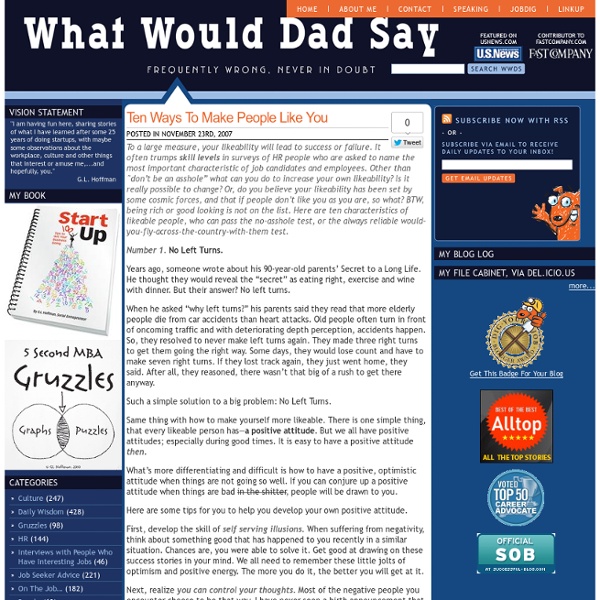



The Secret to Not Caring What People Think Whether it is becoming plugged into our identity, quitting alcohol or even becoming more confident, our worry of what people think can really affect us. From the jobs we choose, to the people we date and the risks we take, we often limit our actions through fear of criticism or judgment from others. This is a serious issue, and a problem many people experience, therefore I’ve taken my personal experience and the advice of others to reveal the secrets to not caring what people think. Why we Care what people Think First of all, I want to say that sometimes caring what people think is not a bad idea; the part of our mind that produces this fear is often in place to protect us. I’ve spent months trying to understand why we care what people think, and as (surprisingly) usual, the answer is relatively simple and the heart of what this website is about. What people say about you is none of your business- Sean Stephenson Of course, your identity is not what people think of you, it is just…you. 1.
Update the Relationship Learn-in. in Archives Learn-ins Forum Repost ***Warning: These exercises are not to be used by anyone with a history of mental illness, severe trauma, or panic. Those challenges are best handled with a therapist. You are only permitted to use these exercises if you agree to absolve Steve Mensing, the webmasters, Emoclear.com and the web host of any responsibility for the application or misapplication of this process. The following couples exercises are based on Martin Seligman's Positive Psychology approach. (c) Steve Mensing EMOCLEAR POSITVE PSYCHOLOGY COUPLES EXERCISE I: Doing Pleasurable, Important, and Meaningful Activites together. Daily for two weeks do the following: (1) Choose a pleasurable activity to do together and do it to completion. (2) Choose an activity you both deem important or meaningful and do it to completion. (3) Later in the day record what occured in your life during and at the conclusion of the activities. EMOCLEAR POSITIVE PSYCHOLOGY COUPLES EXERCISE II: Building Character. The Activity List: 1. 2. 3.
Tapping our powers of persuasion Most psychologists will read this “Questionnaire” with Robert Cialdini, PhD. That may or may not be true, but according to Cialdini, that statement is powerfully persuasive because we tend to go along with our peers. Cialdini, who retired last year from a teaching and research position at Arizona State University in Tempe, Ariz., is a renowned expert in the science of swaying. In his seminal book on the topic, “Influence: The Psychology of Persuasion” (Quill, 1984), he went undercover to learn the tricks mastered by used-car dealers and Fortune 500 executives alike, bringing persuasion research to psychology’s forefront. Cialdini distilled his findings into six “weapons of influence,” each grounded in how we perceive ourselves or others: Reciprocity: We inherently want to return favors. In recent years, Cialdini has been leveraging those weapons to address major world problems such as climate change by persuading people to reduce energy use. I think it’s a little too early.
Get Anyone to Like You – Instantly – Guaranteed Get anyone to like you - Instantly - Guaranteed If you want people to like you, make them feel good about themselves. This golden rule of friendship works every time - guaranteed! The simple communication techniques that follow will help you keep the focus of the conversation on the person you are talking to and make them feel good about themselves. The Big Three Our brains continually scan the environment for friend or foe signals. Eyebrow Flash The eyebrow flash is a quick up and down movement of the eyebrows. Head Tilt The head tilt is a slight tilt of the head to one side or the other. Smile A smile sends the message "I like you." Empathic Statements Empathic statements keep the focus on the other person. Example 1 George : I've been really busy this week. Tom : So you didn't have much free time in the last few days. Once the basic formula for empathic statements has been mastered, more sophisticated empathic statements can be constructed by dropping "So you..." Example 2 Flattery
Poor Man's Polygraph Part 1 Poor Man's Polygraph - Part 1 The Well... Technique Imagine you think your spouse is having an affair. The Poor Man's Polygraph consists of a series of techniques that increase the probability of detecting deception, The Poor Man's Polygraph provides deceptive indicators, not proof of deception. Well... When you ask someone a direct Yes or No question and they begin their answer with the word "Well," there is a high probability of deception. Dad : Did you finish your homework? Dad need not wait for his daughter to finish her answer because he knew by her use of the word "Well" that she was about to give him an answer she knew he was not expecting. In another example, I interviewed a person who I thought witnessed a murder. Me : Did you see what happened? I asked the witness a direct Yes or No question to which he knew I expected a "Yes" answer. The "Well..." technique only works with direct Yes or No questions.